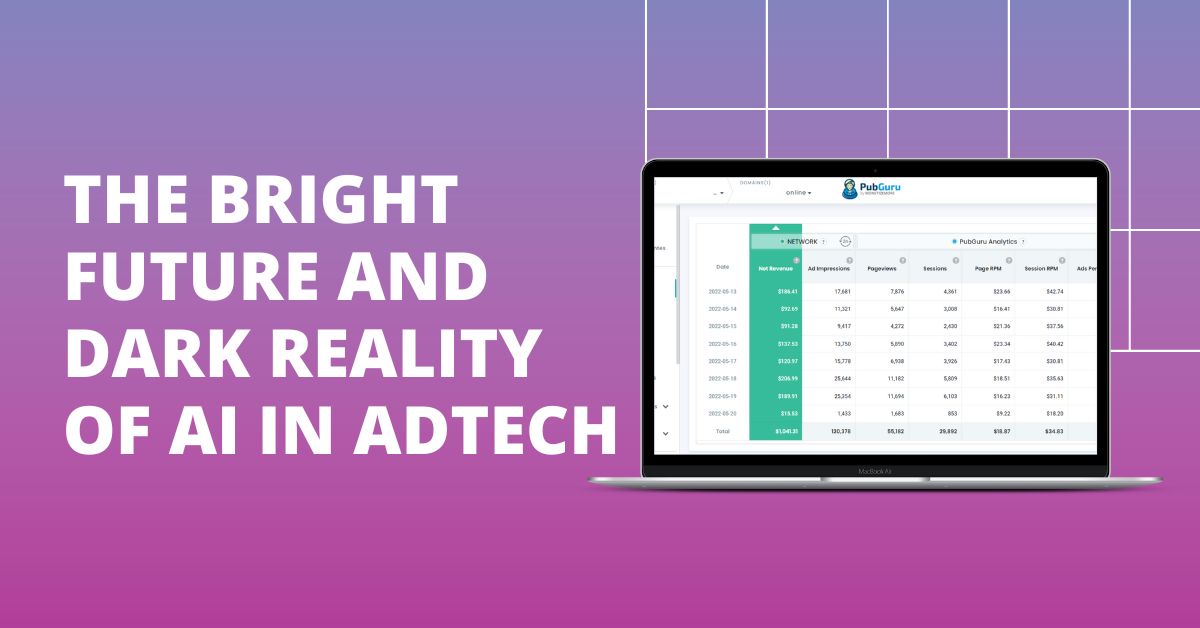
This post was most recently updated on July 3rd, 2023
The world of AdTech marketing is rapidly evolving, mainly due to the rise of artificial intelligence, or AI. AI is transforming the landscape of AdTech marketing by enabling more personalized, efficient, and effective advertising campaigns. In this article, we’ll explore the impact of AI on AdTech marketing and how it’s changing the game for publishers and advertisers alike.
In the ever-evolving landscape of AdTech marketing, businesses face a new challenge with the impending demise of cookies. These tiny bits of data have played a significant role in tracking user behavior and delivering personalized experiences. However, with privacy concerns on the rise, cookies are gradually fading away. This is where AI-driven AdTech marketing, backed by the power of big data, steps in to fill the customization gaps left behind.
With the decline of cookies, AI-driven AdTech marketing becomes a crucial tool for creating accurate user profiles. By analyzing data from various sources, such as social media, browsing habits, and demographic information, AI can piece together a comprehensive picture of each user. This allows advertisers to understand their audience deeper and craft highly personalized ad campaigns that capture attention and drive engagement.
Furthermore, AI excels in optimizing ad campaigns for maximum performance. By analyzing data on ad placement, timing, and content, AI algorithms can determine the most effective strategies for allocating advertising budgets. Advertisers can leverage this intelligence to target the proper channels and optimize their campaigns, ensuring the highest possible return on investment.
In the realm of customization, AI truly shines. By harnessing the power of big data, AI-driven AdTech marketing can deliver personalized ad experiences tailored to individual preferences and interests. Through sophisticated profiling techniques and real-time data analysis, advertisers can create hyper-targeted ads that speak directly to each user. This level of personalization leads to higher engagement rates, increased conversions, and, ultimately, more significant business growth.
For marketers, AI extends its capabilities to other facets of the marketing process. By leveraging big data and AI-driven insights, we can create content that resonates with their target audiences. From developing engaging blog posts to crafting compelling social media campaigns, AI helps marketers identify content topics, formats, and distribution channels that are more likely to capture the attention of their desired audience.
These tools offer a range of AI-driven features and functionalities to help adtech marketers automate tasks, improve targeting and personalization, optimize campaigns, and gain valuable insights for better decision-making.
Publishers face a challenging task when marketing their brand and generating traffic and demand. With countless publications and sites vying for readers’ attention, it’s vital to have an edge over the competition. This is where AI comes in.
AI offers several applications that can help publishers market their brands, generate traffic, and meet the demands of their audience. Here are some key areas where AI can be applied in advertising and publishing:
Audience Insights: AI can analyze large volumes of data from various sources, including social media, web analytics, and customer interactions, to provide publishers with valuable insights into their target audience’s preferences, behaviors, and trends. This information can be used to create more targeted and personalized content.
Recommendation Engines: AI-driven recommendation engines analyze user data, such as browsing history, preferences, and interactions, to provide personalized content recommendations. By suggesting relevant articles, videos, or products, publishers can increase user engagement and time spent on their platforms and drive more traffic.
Chatbots and Virtual Assistants: AI-powered chatbots can provide real-time customer support, answer frequently asked questions, and engage with readers. They can help publishers automate customer service, provide personalized recommendations, and assist with content discovery, enhancing user experience and increasing engagement.
Localization and Translation: AI can automate localizing content and translating it into multiple languages. This helps publishers reach global audiences more effectively, expand their readership, and improve the user experience for non-native language speakers.
Social Listening and Sentiment Analysis: AI tools can monitor social media platforms and online discussions to track mentions, sentiment, and trends related to the publisher’s brand or industry. This enables publishers to gain valuable insights into public opinion, identify emerging topics, and adjust their content strategies accordingly.
Data Analytics and Predictive Modeling: AI-powered analytics platforms can process and analyze vast amounts of data, providing publishers with actionable insights. Predictive modeling techniques can help publishers forecast trends, optimize pricing strategies, and make data-driven decisions to maximize their marketing efforts.
By leveraging AI, publishers can also optimize their advertising revenue by delivering more relevant ads to their readers. This helps to increase click-through rates, impressions, and overall revenue. AI-powered ad platforms can analyze user data to deliver ads that are more likely to be clicked on and engaged with and to provide publishers with detailed insights into their ad performance. Try out our award-winning header bidding solution here.
While AI can bring many benefits to AdTech marketing, publishers and advertisers must also be aware of some potential downsides.
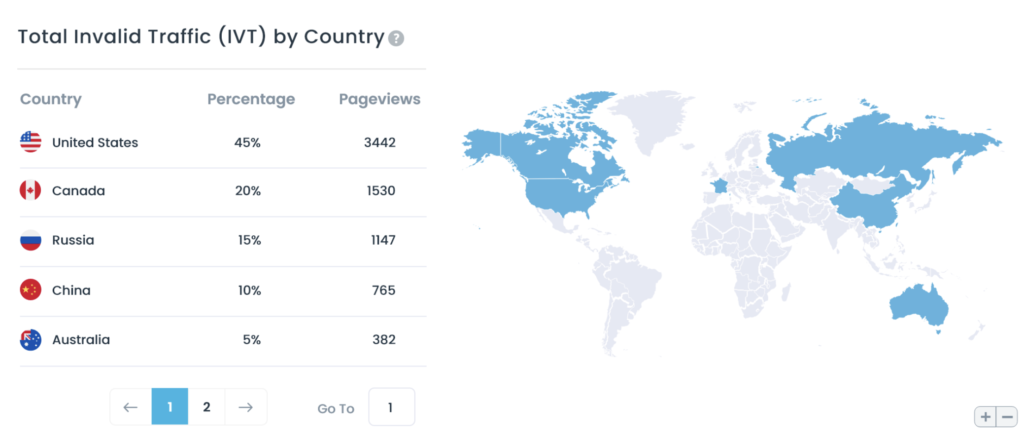
Malicious Bots: Malicious bots are often powered by AI algorithms that mimic human behavior to fraudulently interact with ads and websites. These bots can generate fake clicks, impressions, and engagement, leading to inaccurate performance metrics and wasted ad spending. To combat this, AI-based fraud prevention tools can be employed. These tools leverage machine learning algorithms to analyze patterns in traffic and differentiate between legitimate human activity and bot behavior. By identifying and blocking malicious bots, these tools help ensure the accuracy and integrity of ad campaigns.
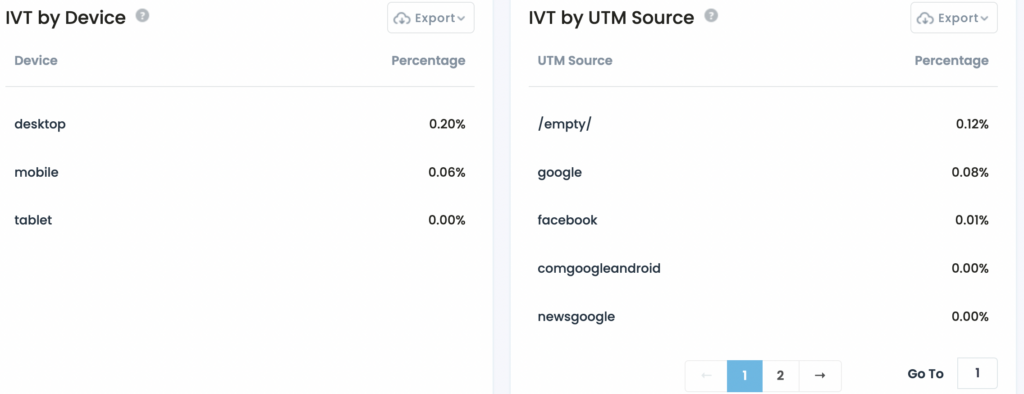
Invalid Traffic: Invalid traffic encompasses activities that artificially inflate website visits or ad interactions. Click farms, for example, employ groups of individuals to click on ads, creating false engagement metrics. AI can detect and prevent invalid traffic by analyzing traffic patterns, user behavior, and other data points. Machine learning algorithms can identify anomalies and suspicious patterns, allowing publishers and advertisers to take appropriate measures. Additionally, working with reputable ad networks implementing stringent anti-fraud measures can help minimize the risk of invalid traffic.
Scrapers: Scrapers are tools or programs that extract content and ads from websites without permission, often for unauthorized reproduction elsewhere. While scrapers themselves may not always rely on AI, publishers can utilize AI-driven techniques to address this issue. Content protection solutions powered by AI can detect and prevent unauthorized scraping by employing techniques like encryption, watermarking, or fingerprinting. These AI-powered measures make it more challenging for scrapers to copy and reproduce content, thus safeguarding publishers’ revenue and reputation.
It is essential to recognize that AI can be both a facilitator and a solution to these challenges in the advertising and publishing industry. By leveraging AI-powered tools, publishers and advertisers can detect and mitigate the impact of malicious bots, combat invalid traffic, and protect their content from unauthorized scraping, ultimately enhancing the accuracy of performance metrics and optimizing ad spend.
While AI can benefit AdTech marketing, publishers and advertisers must know the potential downsides. Malicious bots, invalid traffic, and scrapers are all threats that can affect the accuracy of performance metrics and lead to wasted ad spend.
By investing in ad fraud prevention tools, monitoring traffic patterns, and using digital rights management software, publishers and advertisers can protect their content and ensure that real people see their ads.
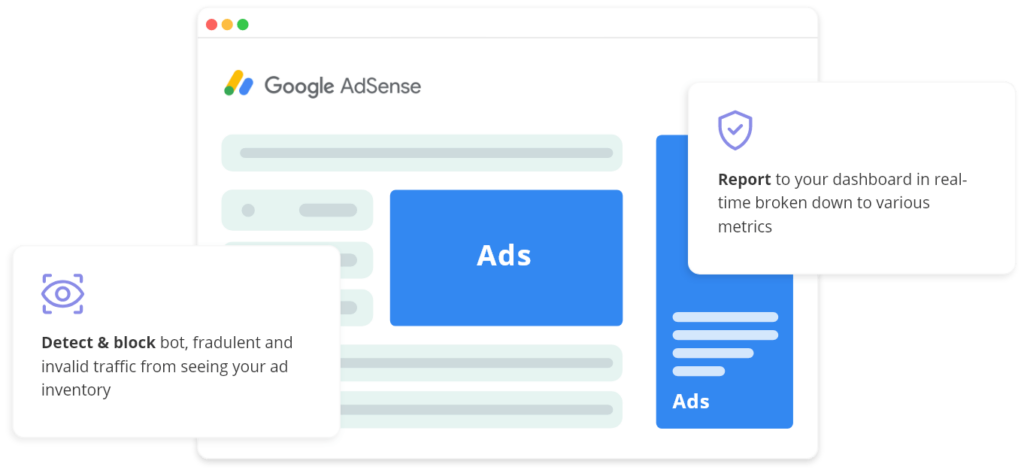
AI can be leveraged in various areas, such as big data analysis, efficiency optimization, maximizing ad revenue, and enhancing productivity. It is equally important to employ AI to counteract the threats posed by malicious AI, including invalid traffic (IVT), scrapers, and other malicious activities. Here’s an explanation of how AI can be used in such cases:
By adopting a comprehensive approach encompassing offensive and defensive uses of AI, publishers, and advertisers can leverage its capabilities to maximize their marketing efforts, enhance productivity, and simultaneously defend against the threats posed by malicious AI-driven activities. This ensures a more secure, efficient, and effective advertising and publishing ecosystem.
AI-driven AdTech marketing offers personalized experiences, optimization capabilities, and enhanced targeting, empowering publishers and advertisers to reach their audiences more effectively. However, it’s crucial to address the challenges posed by malicious AI, such as bots, invalid traffic, and content scraping. This is why you will need our award-winning bot-blocking solution Traffic Cop to keep bots out of sight & out of mind! Try out Traffic Cop here!


Paid to Publishers
Ad Requests Monthly
Happy Publishers
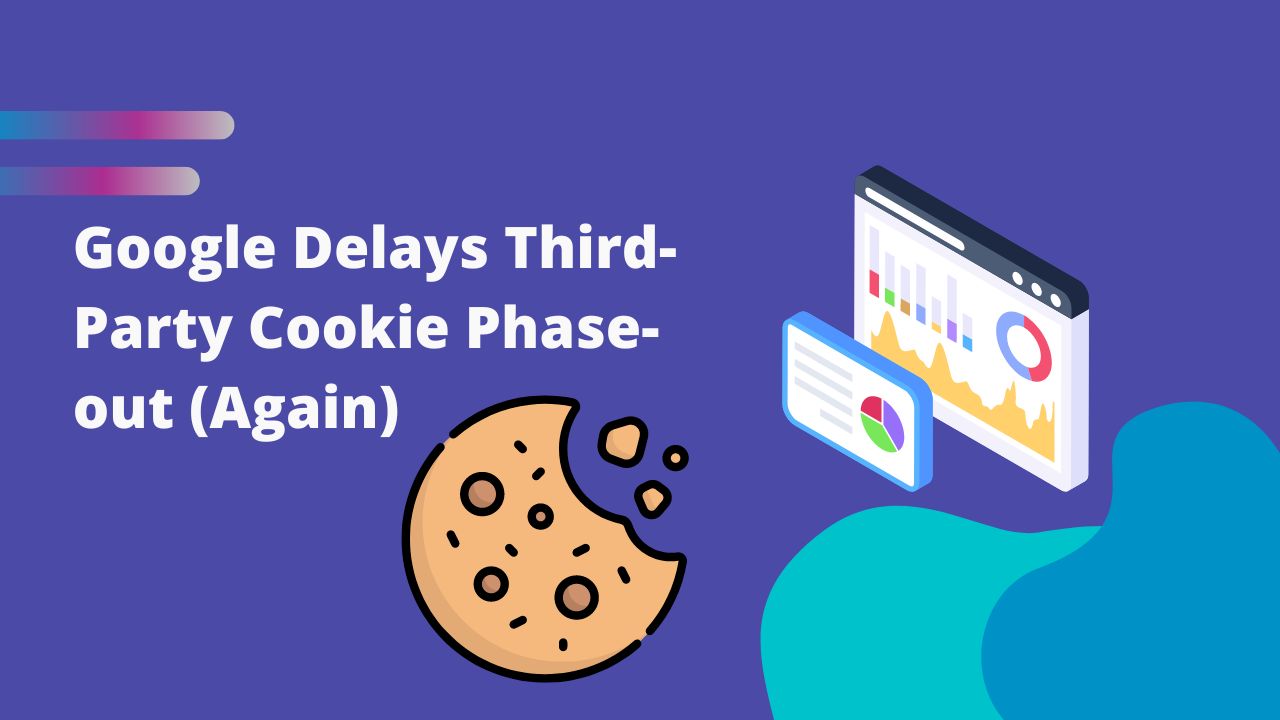
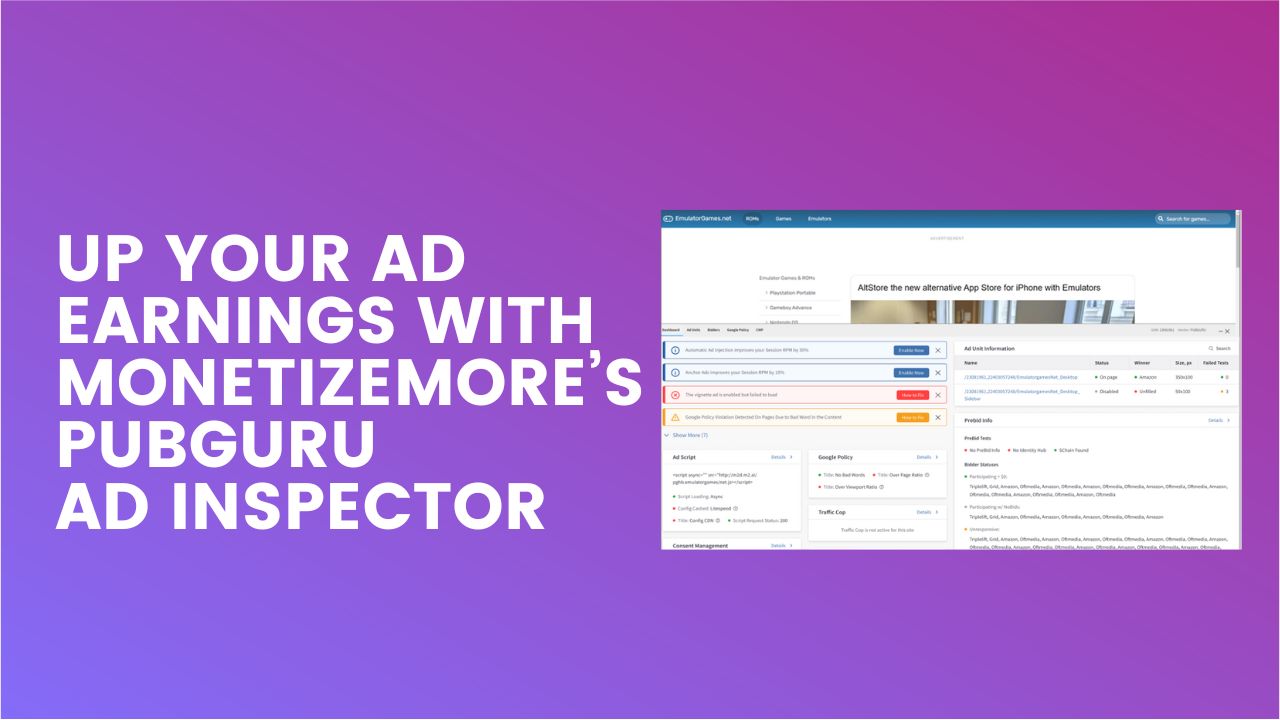
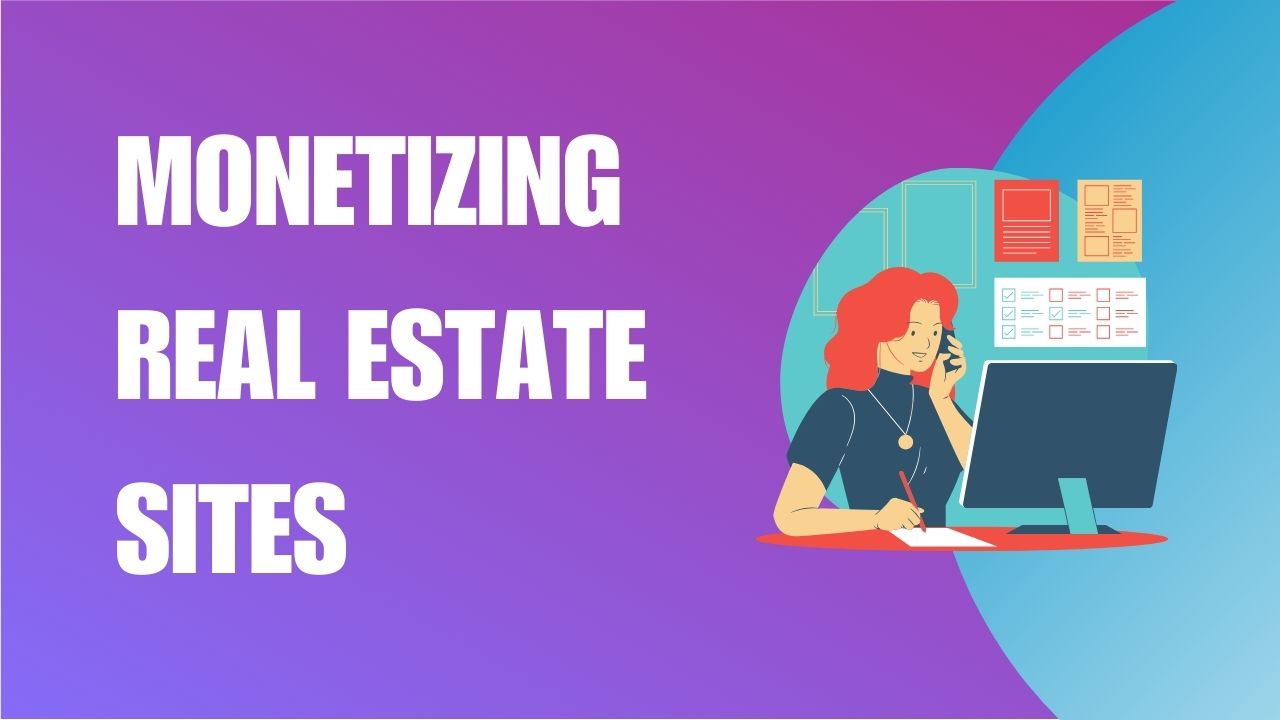
10X your ad revenue with our award-winning solutions.